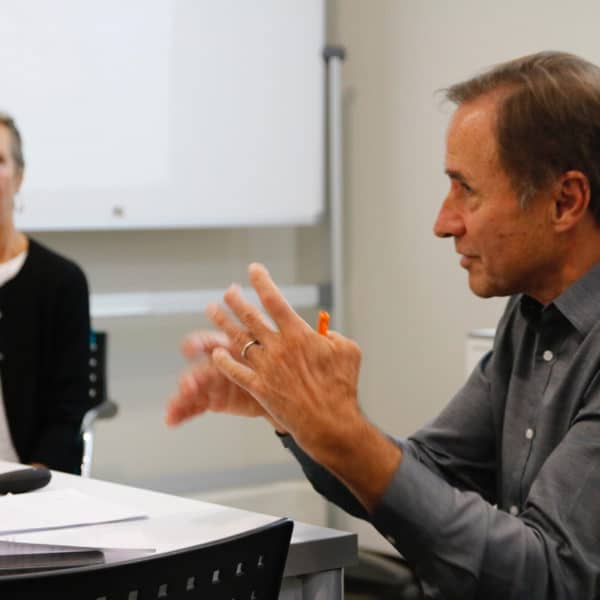The 20th century will be seen by historians as the century of growth. World population increased as well as life expectancy and wealth. In the same time resource consumption reached record levels, leaving an overpopulated planet at the edge of a manmade climate change.
But now we are entering the post growth century. The early industrialized nations will soon see their baby boomers reach pension age. Even threshold countries will face an accelerated ageing trend over the next decades. All this will put an end to the classical economic growth scenarios known from the past. Ageing and shrinking societies like Germany or Japan will be the first that have to define a new kind of wellbeing of their citizens in the absence of growth. But a growing number of nations will follow.
Despite declining fertility rates, many parts of Asia and most parts of Africa still are on the classical path of population, economic and resource consumption growth. But sooner or later they will need the concepts developed by the frontrunners of demographic change to adapt to the environment of the post growth era.
Long term population projections foresee a world of only 2 to 3 billion people around the year 2300. These people will on average be older, healthier and more peaceful than today, but much better educated and therefore able to live more sustainable and to mitigate the effects of climate change. The crucial question is how mankind can survive the peaks of population growth and resource consumption in the meantime. Therefore ways have to be found, to reduce population growth in the least developed and to prevent that these countries follow the classical development path that is built on massive consumption of fossil fuels.


